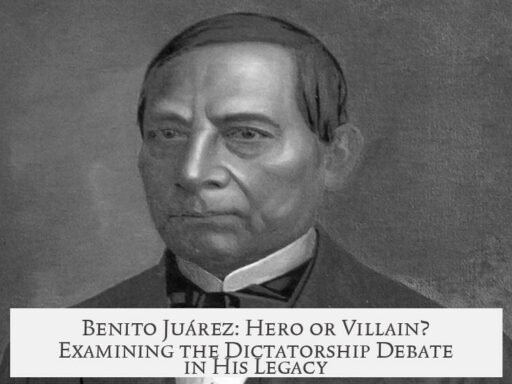Voltaire was not simply killed because he held a unique position as a popular and admired figure within the aristocracy, who viewed him as both entertaining and intellectually valuable. His wit and charm made him a favored companion despite his occasional provocations and conflicts with the elite.
Voltaire successfully navigated aristocratic circles by adopting a style that combined light, witty poetry with classical references. This made him appealing to a class that delighted in cultural allusions and clever humor. His social talent allowed him to remain part of elite gatherings, even after controversies. For example, after imprisonment in the Bastille for satire, he returned to write more plays and retained his status as engaging dinner company.
When Voltaire offended powerful figures, authorities rarely resorted to lethal measures. Instead, corrective punishments like exile or imprisonment were preferred. He was exiled to remote locations such as Tulle to mark his transgressions without ending his life. His exile to England removed him from French political trouble while maintaining his safety. This approach underscored his value and the aristocracy’s reluctance to eliminate someone they found culturally significant.
Despite his popularity, Voltaire’s status was always tempered by class boundaries. Aristocrats admired him but did not consider him an equal. This condescension was clear when his complaints against noble abuse were dismissed, and physical punishments by aristocratic servants were tolerated under the belief that a poet could endure such treatment. An aristocrat even instructed servants to avoid injuring Voltaire’s head, suggesting cruel moderation without fatal consequences.
The most serious challenge to established order occurred when Voltaire, a commoner, challenged a nobleman to a duel. This act led to his imprisonment in the Bastille. However, his wide admiration made it difficult for authorities to condemn him permanently. His case was unprecedented; a beloved public figure and social provocateur who was too significant for execution or indefinite detention.
- Voltaire’s popularity and wit ensured protection despite provocation.
- Authorities preferred exile or imprisonment over execution.
- Class divides limited his acceptance but spared his life.
- His challenge to aristocracy was risky but managed without fatal outcome.




